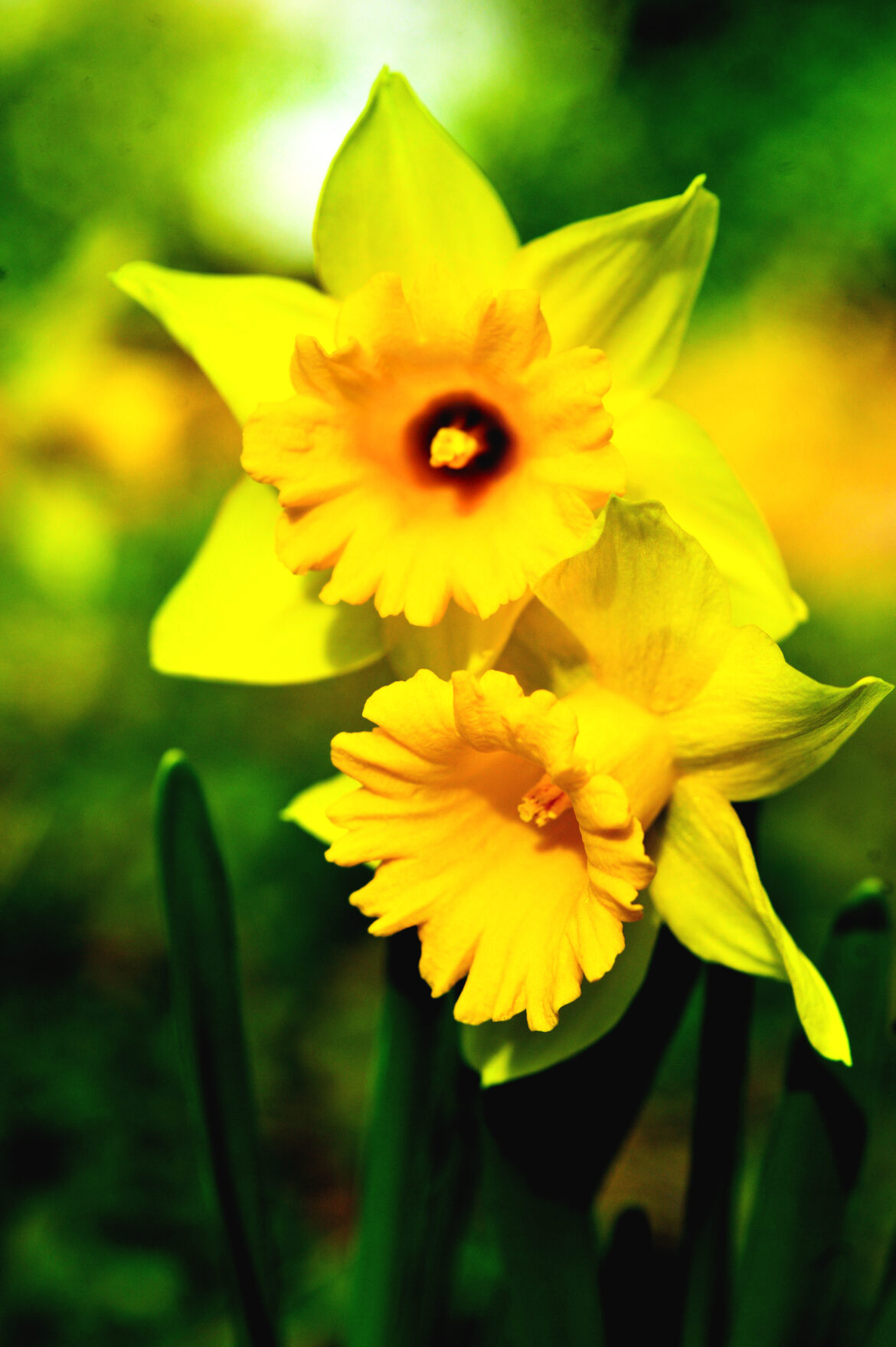TWH – The Pagan, Heathen, and Polytheist communities are in a very dynamic time and who knows what the future for these religions may be. The Wild Hunt asked community members to guess the future by having them answer this question:
“What do you think Paganism in the USA will look like 100 years from now?”
Phaedra Bonewits, 60’s, Occult Generalist
“I think about where we were a hundred years ago, still in the throes of German Romantic Neopaganism, folklore obsessions in Britain, the Hermetic Order of the Golden Dawn fallen apart, and America still fascinated with 19th-century Spiritualism and Theosophy, plus the Eastern religions to which they’d been exposed a scant 23 years earlier at the first World’s Parliament of Religions. Wicca wasn’t yet a gleam in Gerald Gardner’s eye, and Heinlein was still in rompers. Magical lodges were still popular, but a vast amount of occultism and magical practice was firmly rooted in a Christian paradigm. “Now, we’ve got hard polytheists, public rituals to the old Gods, major conventions, scholarly works, Internet research, and more solitaries than at which you could shake a stang.
